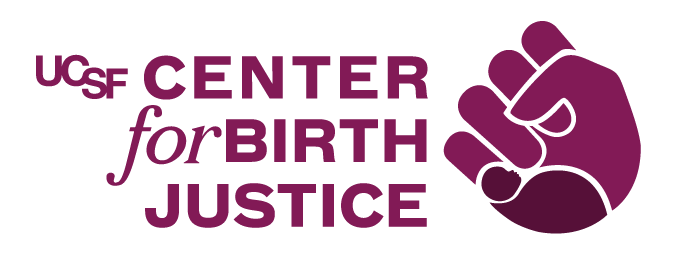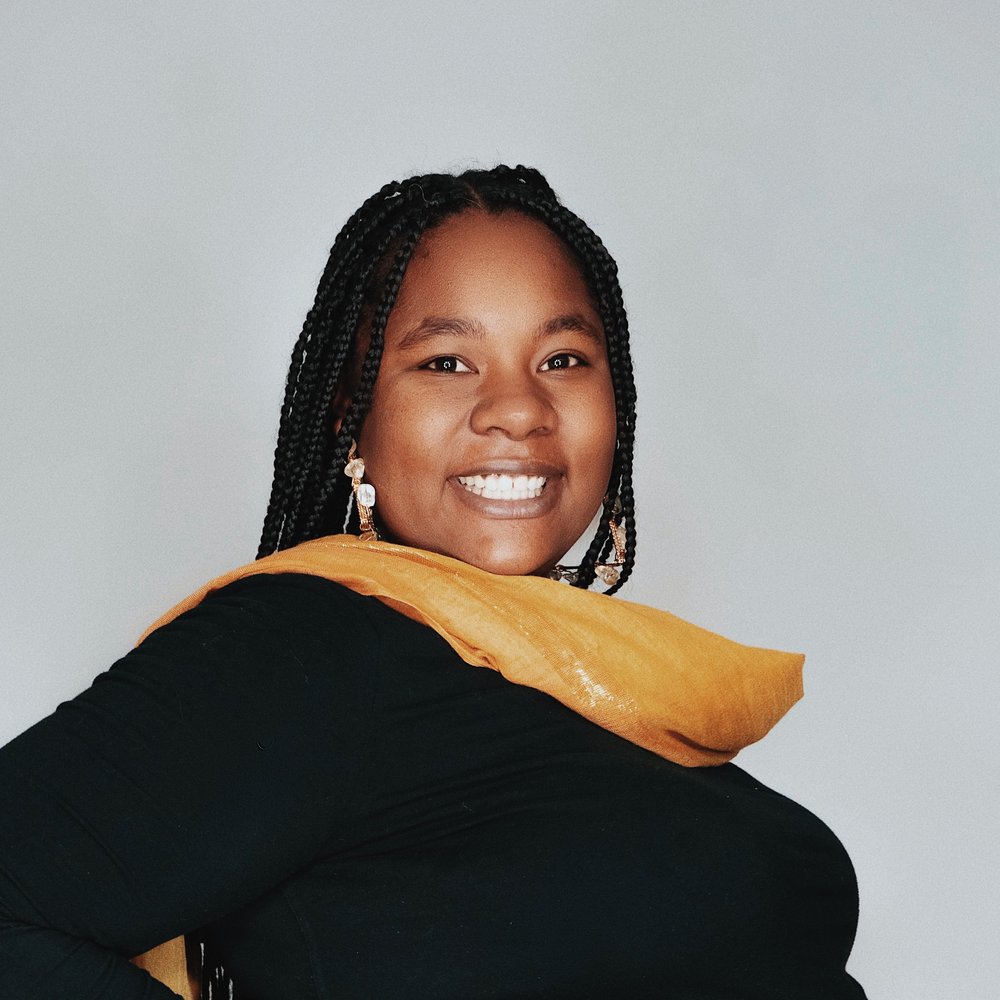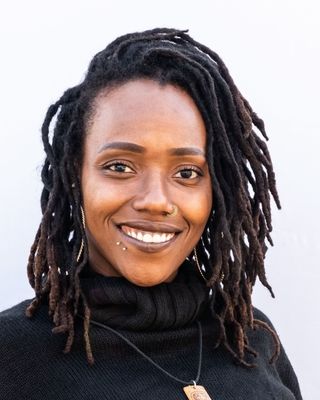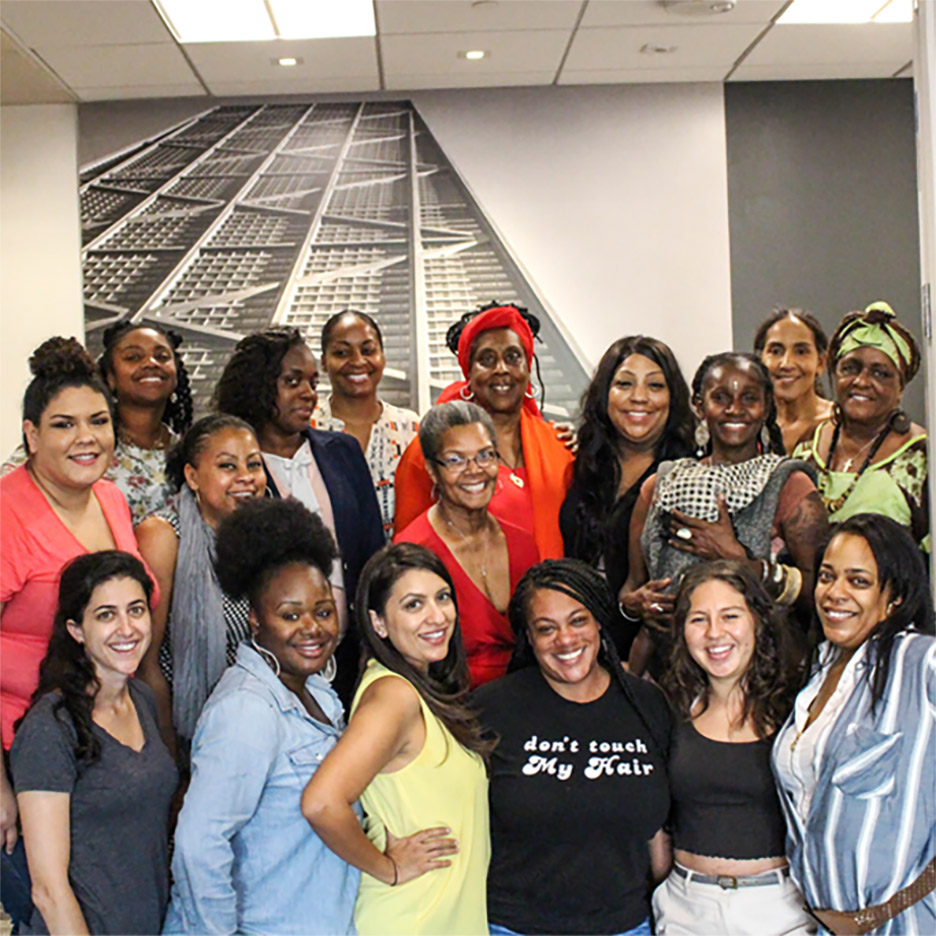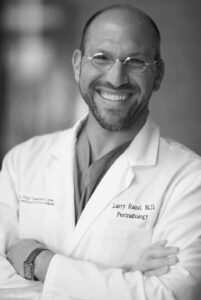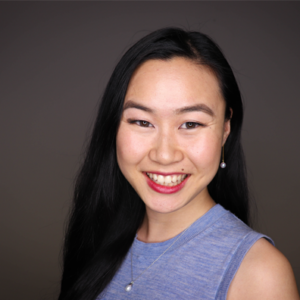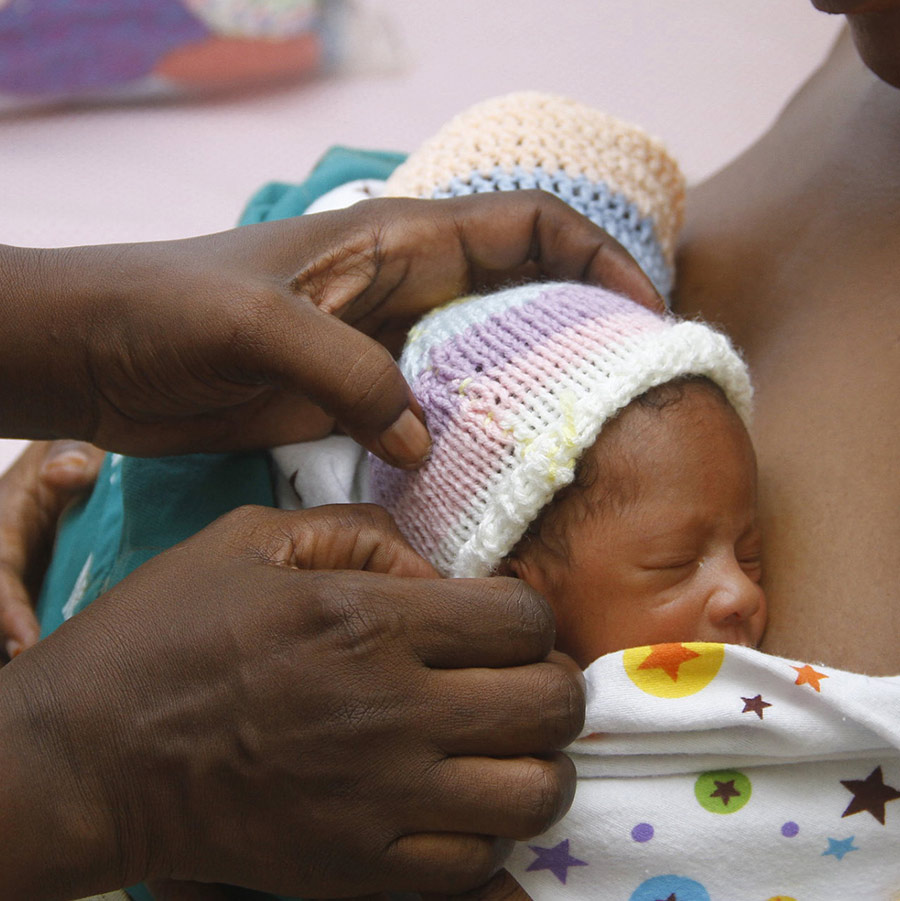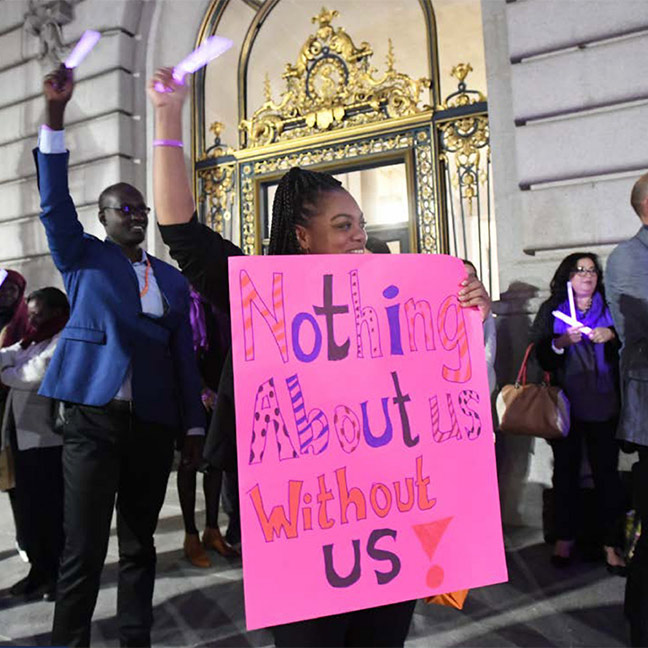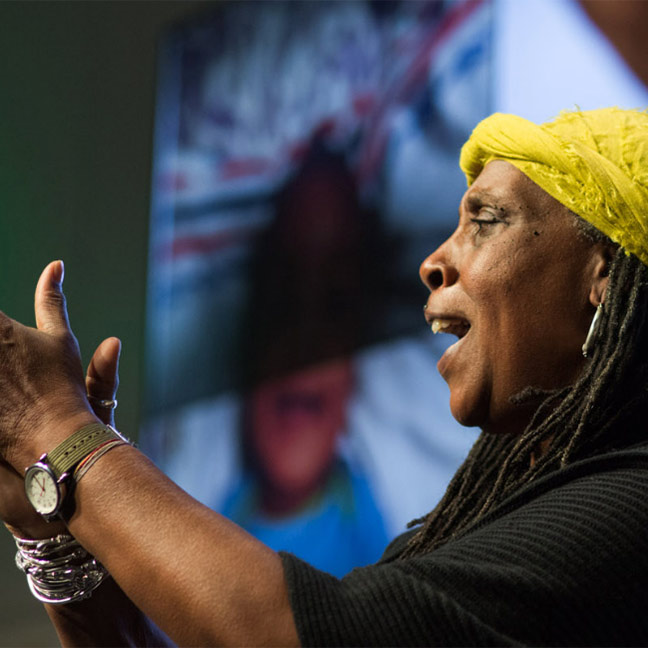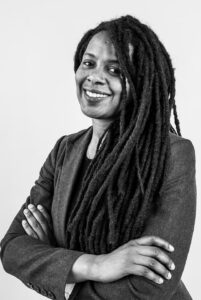
Forging a Future of Birth Equity
The UCSF Center for Birth Justice lives at the intersection of research, community partnerships, and education to create positive change alongside Black and Brown families.

PTBi is dedicatedto ending racial disparities in birth
The UCSF Center for Birth Justice lives at the intersection of research, community partnerships, and education to create positive change alongside Black and Brown families.
The rate of preterm birth among Black women is 47% higher than the rate among all other women.
The United States faces a long-standing maternal and infant health crisis that disproportionately impacts Black, Indigenous, and People of Color.
In California, the stark reality of these inequities is evident in the significantly higher rates of preterm birth and maternal mortality among Black women. The UCSF Center for Birth Justice confronts this crisis head-on, acknowledging that structural and interpersonal racism are the root cause of these devastating outcomes.
Why Does Racism Impact BIPOC Birth Outcomes?
BIPOC communities bear the brunt of social and environmental risk factors stemming from the nation’s history of racist policies, leading to challenges like food and housing insecurity and limited access to quality healthcare. Furthermore, the toxic stress from living within racist systems can lead to “weathering” of the body, contributing to adverse birth outcomes. Despite decades of research, progress in reducing these inequities has been insufficient, partly because BIPOC birthing people have often been subjects rather than leaders of research.
Why Does Racism Impact BIPOC Birth Outcomes?
BIPOC communities in the U.S. bear the brunt of social and environmental risk factors for adverse birth outcomes – from food and housing insecurity to greater exposure to pollution and lack of access to quality healthcare. All of these factors can be traced back to the U.S.’ long history of instituting racist policies and beliefs.
BIPOC also experience toxic stress from living in a country that harms them through racist systems and interactions. Continued exposure to this stress over time can lead to premature aging of the body (called “weathering”) and adverse birth outcomes, including prematurity, also known as preterm birth (birth before 37 weeks of gestation). See

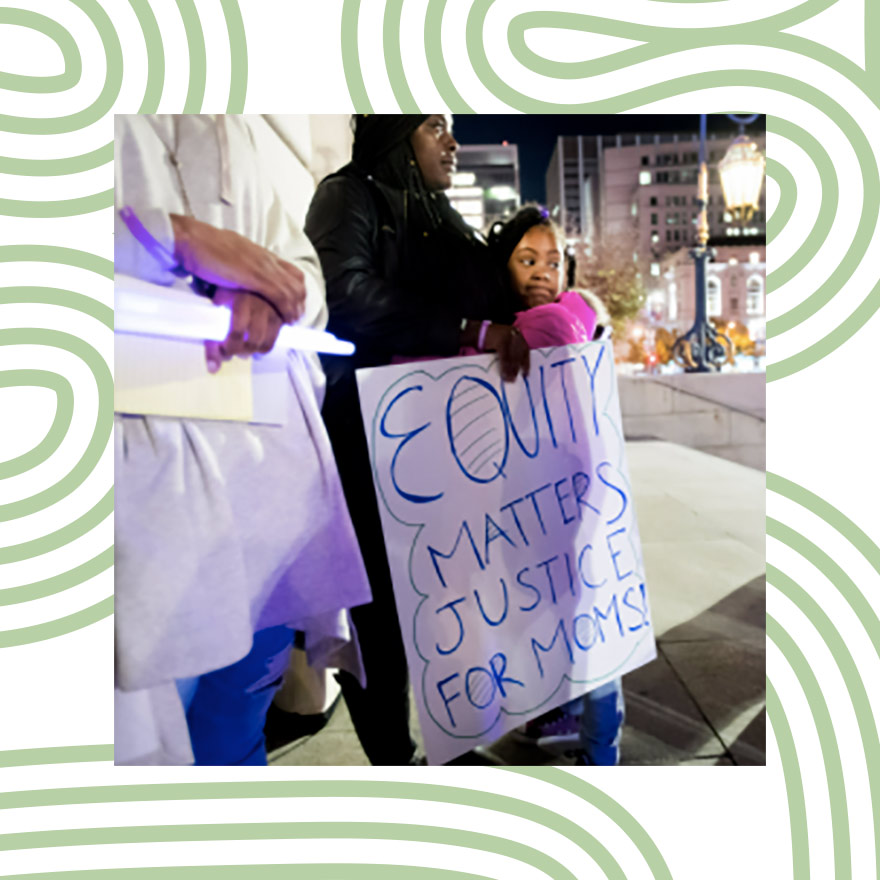
Yet, decades of research has been conducted on preterm birth ...
...without any major decline in overall BIPOC birthing rates.
One possible reason for this is that BIPOC birthing people have historically been the subjects of research rather than leading it. Typical research methods often involve traditional medical establishment priorities, which can inadvertently overshadow those of the people directly affected by the condition.
Guided by the powerful principle of “Nothing About Us Without Us!”, the Center for Birth Justice is dedicated to eliminating the racial inequities in birth outcomes for Black families and building a system where healthy pregnancy and postpartum journeys are a reality for all. Born from the legacy of the California Preterm Birth Initiative, our permanent and dynamic research center evolves with a steadfast commitment to community partnership and a hopeful vision for transformation. We firmly believe that solutions are within reach when the wisdom of impacted communities is centered and research is a co-creation for change.
“Nothing About Us Without Us!" easily describes what we consider to be the best approach to research for improving BIPOC birth outcomes in the United States.
Join us in building this hopeful future. We are researchers, parents, providers, and community advocates who unapologetically center Black communities to advance birth justice.
Our Role
PTBi is dedicated to ending racial disparities in birth. We conduct and fund innovative birth research that centers BIPOC lived experiences and strives to dismantle the racist structures and beliefs driving the epidemic. We work with communities that are most impacted by the epidemic to generate evidence on promising interventions that can help prevent preterm birth and improve outcomes for babies born too soon.
By improving outcomes for those who experience the worst outcomes, we can improve outcomes for everyone.
PTBi uses antiracist research justice protocols to remove the hierarchy so that experiential, cultural and spiritual knowledge has equal value to scientific knowledge. We work to ensure that people with lived experience lead research studies, collaborate in the formation
of research questions, and partner in the decisions of who receives research funding.
This approach can improve recruitment and retention, provide greater relevance and credibility, and accelerate the translation of results into clinical practice. Not only is the approach the right thing to do, it’s better science
What We Do

Research:

Community Partnership:
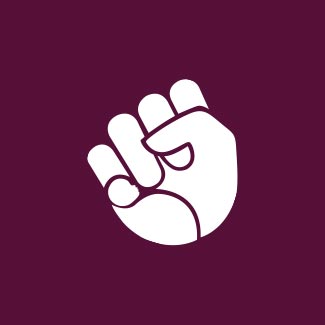
Workforce Development:

Policy & Advocacy:

